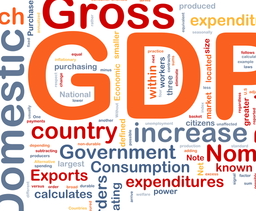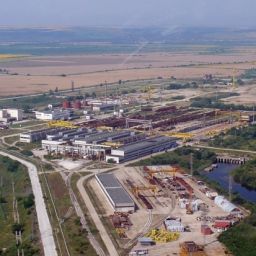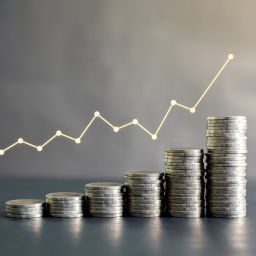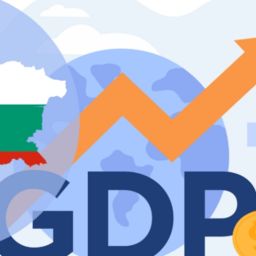
Bulgaria’s economy was set to grow by 3.3 per cent this year after the estimated 5.1 per cent drop suffered in 2020 as a result of the Covid-19 global pandemic, according to the latest World Bank’s Global Economic Prospects report, released on January 6.
The report also projected 3.7 per cent economic growth in 2022. Compared to the June 2020 report, the World Bank appeared to suggest that the post-Covid rebound would be steeper than it projected earlier, with this year’s growth forecast at 1.1 percentage points higher than the previous estimate, while growth in 2022 would be one percentage point lower.
But the country was expected to underperform the World Bank’s forecast for the Central Europe sub-region – which in addition to Bulgaria includes fellow EU member states Croatia, Hungary, Poland and Romania – which is expected to grow by 3.6 per cent as a whole in 2021 and 4.2 per cent in 2022, after shrinking by an estimated 4.4 per cent last year.
The World Bank said that the outlook for the region has been downgraded amid the recent surge in coronavirus infections.
“Exceptional policy accommodation is expected to continue throughout 2021, including near-zero policy interest rates,” the report said, noting that fiscal support packages in Central Europe were some of the largest, at about nine per cent of gross domestic product, “reflecting sizable discretionary measures and loan guarantees and other credit measures.”
Risks to the outlook were “markedly tilted to the downside, despite the development of multiple Covid-19 vaccines with high efficacy rates in trials,” the report said.
If the downturn in travel is prolonged, growth could be much weaker than envisioned, particularly in tourism-dependent economies like those of Central Europe, the World Bank said.
But the sub-region was an exception to the overall erosion in investment prospects in the wider Europe and Central Asia region, due to the sizable EU structural funds package as part of the bloc’s Covid-19 response.
That could help mitigate the weakness in investment, but the boost could be tempered by low absorption of funds due to challenges surrounding administrative capacity and governance, the report said.
Overall, the report forecast in its baseline scenario that the global economy would grow by four per cent in 2021, 0.2 percentage points less compared to its June 2020 report. It also estimated that the economic contraction in 2020 was 4.3 per cent, or 0.9 percentage points less than in the previous report.
“The materialisation of a number of downside risks could derail the projected global economic recovery, however. The pandemic could accelerate, and delays in vaccine procurement and distribution could limit the scope for achieving durable containment. Even if the pandemic is brought under control, its effect on potential growth could be longer lasting than expected,” the World Bank said.
“Even once the pandemic has subsided, the global economic landscape is unlikely to return to its previous state. The pandemic will leave lasting scars on productivity, including through its effect on the accumulation of physical and human capital, which will exacerbate the downward trend in potential growth,” the lender said.
Source: https://sofiaglobe.com/
















